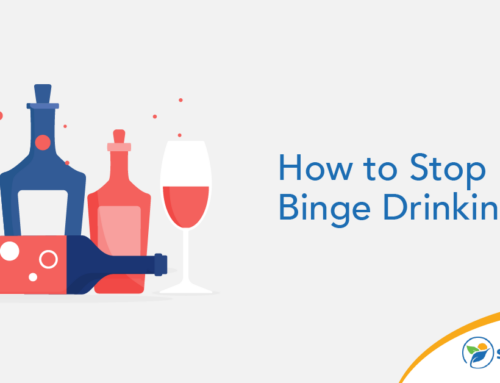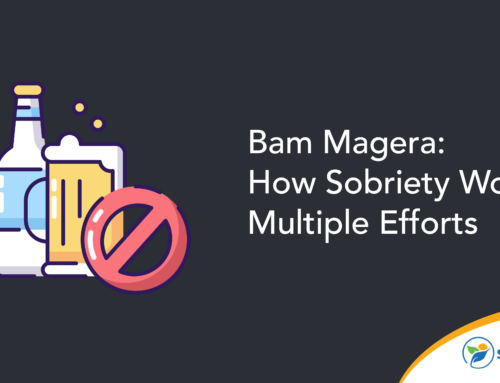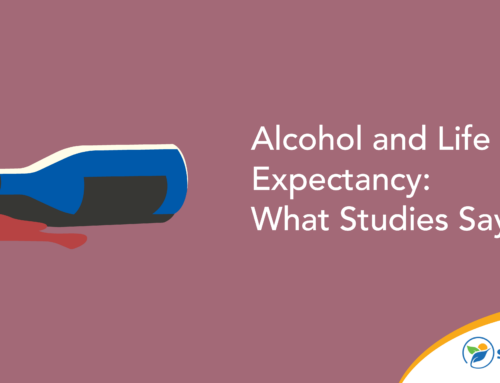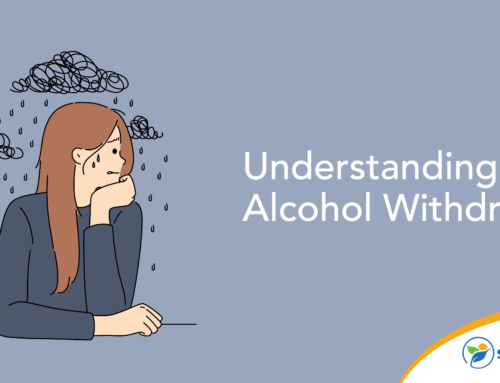If you’re concerned about your drinking, or have friends and family who want you to cut down, you may be uneasy about detox. “How long does it take to detox from alcohol?” is a common question, especially if you’ve experienced or witnessed unpleasant withdrawal symptoms. Although there are a number of variables that impact each person’s withdrawal journey, physical symptoms typically last around two weeks. However, support and treatment should continue if you want a successful, long-term recovery.
What Can You Expect When You Stop Drinking?
Because alcohol is legal, many people don’t consider the substance’s addictive qualities. In fact, alcohol use impacts many people in the U.S. The 2020 National Survey on Drug Use and Health found that 50% of Americans aged 12 and older had used alcohol in the last month. Of those 138.5 million people, 44% are classified as binge drinkers, and almost 13% are heavy drinkers.
Heavy drinkers who suddenly stop drinking are likely to experience withdrawal symptoms. The symptoms you experience, and the intensity of those symptoms, can vary greatly and depend on a number of factors, particularly your age, weight and drinking history.
Alcohol is a depressant that causes your brain to make more GABA and less glutamate. GABA and glutamate are both neurotransmitters. GABA makes you feel calm and euphoric, while glutamate makes you feel excitable.
When you’re dependent on alcohol, your brain naturally creates less GABA and more glutamate to balance out the effects of drinking. When you suddenly stop, these chemicals aren’t balanced in your brain, causing withdrawal symptoms. These can include:
- Anxiousness
- Irritability
- Nervousness
- Depression
- Exhaustion
- Mood swings
- Unclear thinking
- Trouble sleeping
- Hallucinations
You may also experience physical signs and symptoms of alcohol withdrawal, such as:
- Hand tremors
- Rapid heartbeat and high blood pressure
- Dilated pupils
- High body temperature or fever
- Rapid breathing
The most severe effect of alcohol withdrawal is a condition called delirium tremens, or DTs. It’s estimated that 3-5% of people who detox from alcohol experience DTs. Symptoms of DTs include fever, extreme agitation, hallucinations and seizures. Without treatment, DTs can lead to heart attack, stroke or death.
How Long Does It Take to Detox From Alcohol?
Withdrawal starts as soon as the alcohol levels in your bloodstream drop below your normal level. Depending on how much you regularly drink, this means minor symptoms can show up just six hours after your last drink.
Physical symptoms tend to peak 48-72 hours after your last drink. The worst symptoms are usually felt after the first 72 hours and typically last 7-10 days. Symptoms may continue for two weeks in heavy drinkers.
When Are You Officially Detoxed?
You’re generally considered detoxed from alcohol when your physical symptoms subside. In most people, these symptoms don’t last longer than two weeks. However, some people can experience post-acute withdrawal syndrome, or PAWS.
PAWS symptoms are more psychological or emotional in nature. Common symptoms include trouble sleeping, mood swings, cravings, fatigue and depression. PAWS is caused by the brain recalibrating after active addiction and can last anywhere from 6 months to 2 years. After this, the brain can once again naturally produce endorphins and dopamine.
Symptoms of PAWS can be a driving factor in relapse, so it’s important to seek out assistance for the condition. Mental health professionals can help you to develop strategies to manage symptoms.
How Are You Supported in Medical Detox?
Alcohol is one of the few substances where withdrawal can be fatal. Although death is relatively rare, professionals recommend you don’t attempt to detox alone. Detoxing with medical supervision is the safest choice. Do not attempt to detox without medical supervision if you’re older, have liver problems, a history of seizures or drug problems.
With a medical detox, your healthcare provider will assess your risk for severe problems using the prediction of alcohol withdrawal severity scale (PAWSS). This looks at your drinking and medical history as well as your use of other substances and makes your care team aware of possible complications.
In addition to the support available if there are problems, a medical detox can provide medications and other interventions to help ease symptoms. Most programs provide thiamine and nourishing food to decrease the rate of absorption of any alcohol remaining in the stomach. People can be given Ativan to stop seizures and Lorazepam to help with ethanol withdrawal. After the physical withdrawal is completed, doctors can provide medicine that helps reduce the likelihood of relapse.
Inpatient Treatment for Long-Term Success
Although physical withdrawal normally lasts only two weeks, setting up the tools for long-term recovery can take much longer. Inpatient programs provide a highly-structured environment that gives you medical support as you go through withdrawal and therapeutic support that prepares you for life outside of the treatment center.
Separation from your everyday environment is a very beneficial aspect of inpatient treatment. You’re separated from distractions, stressors and triggers that normally cause you to drink. You can also focus solely on your recovery.
In an inpatient treatment program, you’ll participate in individual and group counseling to discuss your progress, help peers and get the support you need for recovery. Many centers also offer family therapy to help your family understand your journey and get the skills they need to support you once your treatment has finished.
Skills training is also provided to you in the treatment center. Your care team helps you develop sober social skills, impulse control and emotional regulation skills. You can also learn how to manage stress without alcohol. Many programs use holistic therapies such as yoga and meditation to develop stress management strategies.
Most programs last 30-90 days. Toward the end of your treatment, you’ll be introduced to recovery support services and connected to sober living communities to give you the best chance for success as you start your sober life.
Get Started on Alcohol Detox and Treatment Today
The National Institute on Alcohol Abuse and Alcoholism (NIAAA) has found that one-third of people who receive treatment remain sober a year later. Many others drink less and experience fewer alcohol-related health problems. If you’re ready to start your journey to better health, Sunlight Recovery has medical detox, residential treatment and outpatient care available to support you. Call to schedule a consultation today.







